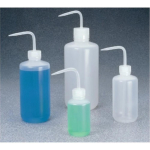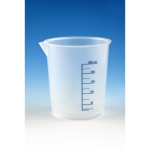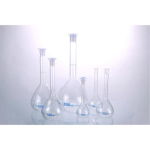Application
Anti-ESRRB Antibody detects level of ESRRB & has been published & validated for use in ESRRB.
Research CategoryStem Cell Research
Research Sub CategoryPluripotent & Early Differentiation
Disclaimer
Unless otherwise stated in our catalog or other company documentation accompanying the product(s), our products are intended for research use only and are not to be used for any other purpose, which includes but is not limited to, unauthorized commercial uses, in vitro diagnostic uses, ex vivo or in vivo therapeutic uses or any type of consumption or application to humans or animals.
General description
Steroid hormone receptor ERR2, also known as ERR beta-2 or Estrogen receptor-like 2 or Estrogen-related receptor beta (ERR-beta), and encoded by the gene name ESRRB or ERRB2 or ESRL2, was initially identified in mouse embryonic carcinoma stem cells and was found to be expressed exclusively in trophoblast progenitor cells between days 6.5 and 7.5 post coitum. Recent studies have shown that ESRRB is part of an POU5F1/Oct4-centered protein interaction network in embryonic stem (ES) cells. It is thought to interact with other ES transcription factors such as NANOG within this network, activating POU5F1 transcription and thereby sustaining self-renewal and pluripotency in ES cells. Mutations in ESRRB have been associated with autosomal recessive deafness which is a form of non-syndromic deafness characterized by non-progressive, prelingual hearing loss.
Immunogen
Epitope: N-terminus
KLH-conjugated synthetic peptide corresponding to the N-terminus of human ESRRB.
Other Notes
Concentration: Please refer to the Certificate of Analysis for the lot-specific concentration.
Physical form
Antigen Affinity Purified
Purified rabbit polyclonal in buffer containing PBS with up to 0.1% sodium azide.
Quality
Evaluated by Western Blotting in Human heart tissue lysate with and without blocking peptide.
Western Blotting Analysis: 1 µg/mL of this antibody detected ESRRB in Human heart tissue lysate with and without blocking peptide.
Specificity
Uniprot describes 2 isoforms produced by alternative splicing at ~56 kDa and 1 isoform at ~48 kDa.
Storage and Stability
Stable for 1 year at 2-8°C from date of receipt.
Target description
~59 kDa observed. Uncharacterized bands may be observed in some lysate(s).









